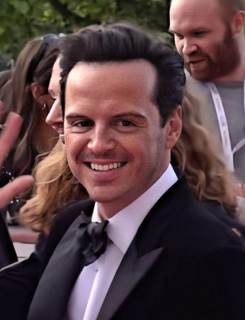A Quote by Thomas Hardy
Dialect words are those terrible marks of the beast to the truly genteel.
Related Quotes
How absurd these words are, such as beast and beast of prey. One should not speak of animals in that way. They may be terrible sometimes, but they're much more right than men...They're never in any embarrassment. They always know what to do and how to behave themselves. They don't flatter and they don't intrude. They don't pretend. They are as they are, like stones or flowers or stars in the sky.
When I speak in Christian terms or Buddhist terms I'm simply selecting for the moment a dialect. Christian words for me represent the comforting vocabulary of the place I came from hometown voices saying more than the language itself can convey about how welcome and safe I am what the expectations are and where to find food. Buddhist words come from another dialect from the people over the mountain. I've become pretty fluent in Buddhist it helps me to see my home country differently but it will never be speech I can feel completely at home in.
Dialogue that is written in dialect is very tiring to read. If you can do it brilliantly, fine. If other writers read your work and rave about your use of dialect, go for it. But be positive that you do it well, because otherwise it is a lot of work to read short stories or novels that are written in dialect. It makes our necks feel funny.







































